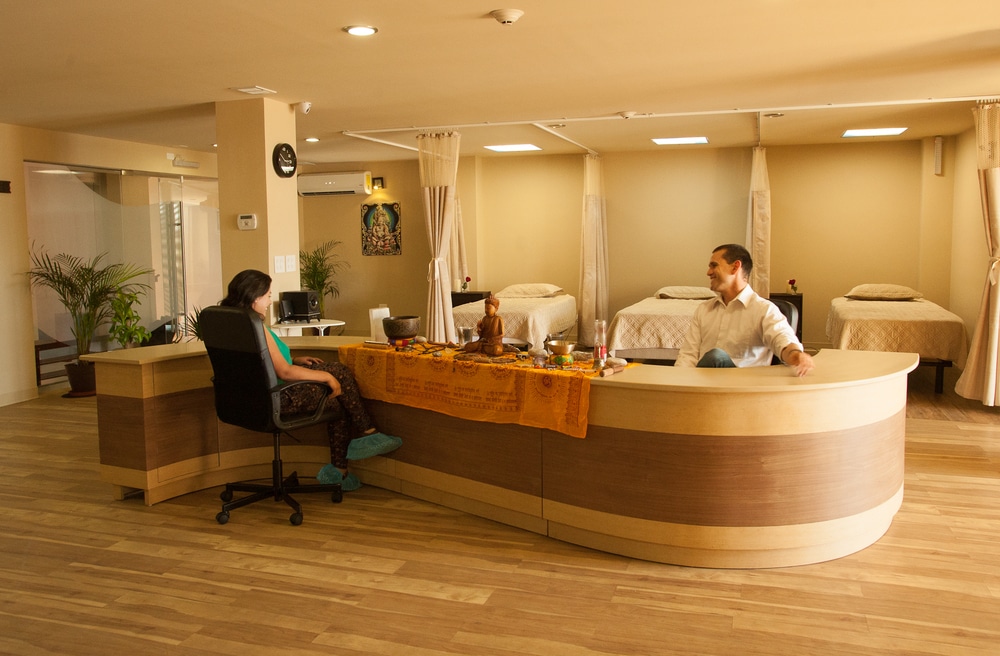
Dr. Martin Polanco is the founder and CEO of Crossroads Treatment Center for ibogaine therapy in Mexico. Image Source: Crossroads Treatment Center
Martin Polanco is the founder of Crossroads Treatment Center, an addiction treatment center in Northern Mexico that specializes in ibogaine and 5-MeO-DMT therapy. In this two-part interview, we speak with Dr. Polanco about his work helping people overcome life-threatening addiction to opioids like heroin, the importance of medical screening and aftercare in ibogaine therapy, and how his clinic’s unique inclusion of 5-MeO-DMT therapy synergizes with ibogaine treatment.
Thank you for taking the time to speak with us, Dr. Polanco. Can you briefly talk about your background and what led you to start an ibogaine treatment center?
I’m a medical doctor. I was trained as an ophthalmologist and was in my first-year residency program when I had a family member go through addiction and eventually recover through ibogaine therapy. I decided to take a year off and start an ibogaine treatment program with another doctor, and I never went back to the residency because there were so many people benefiting from ibogaine and having their lives changed by it. Crossroads has been around for four years, and I have over fifteen years of experience with ibogaine therapy.
Crossroads is considered one of the best-situated treatment centers in the world in terms of access to medical staff, a nearby hospital, and pre-screening of patients. Can you describe the facilities at Crossroads and what your medical intake process is like?
Our building is next to a prestigious hospital and we focus on doing a lot of pre-treatment screening and preparation. Before patients even come in we have our medical screener talk to them and go over all the medications that might interact with ibogaine. We then go over medical conditions that would be contraindicated with ibogaine. We are very selective, we don’t treat everyone, [and] we have certain standards and criteria. For example, we won’t treat people who are morbidly obese or who have uncontrolled high blood pressure or are diabetic and are not controlling their blood sugar. We generally don’t treat people who are over 60. We do make exceptions but in general, when you have somebody who is 60 years old and has been using drugs intravenously, they are not in very good shape.
Once patients arrive, we draw blood, we do an EKG, [and] we make sure their electrolytes are within normal range. We look at the heart and make sure that the heart is beating properly, and [that] there is no prolongation of the QT segment. We also do comprehensive urine drug screening to make sure that the patient doesn’t have any blacklisted medications in their system. And then we stabilize them with morphine. If people are on heroin, we give them several doses of morphine so that they are comfortable right up to the moment of treatment.
Your center is unique in that you offer an optional 5-MeO-DMT treatment after ibogaine treatment. When did you decide to add 5-MeO-DMT to your facility’s offerings? How do you think it synergizes with ibogaine treatment?
We started using 5-MeO-DMT about a year ago, and it was based on our observation that it seemed to work synergistically with the ibogaine treatment and had a profoundly positive effect on people and their outlook. The way that we describe it is that ibogaine brings up a lot of stuff from the subconscious, and some of the material can be quite dark. Patients are often overwhelmed with the information that they have been presented with because they see themselves as they really are. They come face to face with the wreckage that they’ve caused and all the opportunities that they’ve missed. Sometimes they are just sitting there overwhelmed, like ‘What have I done with my life and what am I going to do now?’ and feeling very heavy with all of the relationships that they need to fix.
When they have the experience with 5-MeO-DMT, which is a transcendental experience in the majority of patients and sometimes even a mystical experience, then all of the worries and concerns are washed away. They realize that everything is as it should be and that they are here for a reason, and literally a weight is lifted off their shoulders—you can see it in their body language and their facial expression. And it is not just a psychological effect, it’s also the interaction with the ibogaine. The fact that ibogaine metabolites are still in their system when the 5-MeO is administered potentiates the effects of the DMT. So while the 5-MeO by itself is profound, in combination with ibogaine it is even more therapeutic. When we saw that patients were having these really amazing experiences, we decided to incorporate it and make it part of the program. It’s optional, but most of the patients choose to do it.
Speaking of the heaviness of the ibogaine experience, ibogaine is sometimes referred to as the “harsh patriarch” as compared to the “loving matriarch” of ayahuasca. Would you agree with this?
The healing experience with ibogaine is very masculine, very direct, very confrontational, very strong. So some people do refer to it as an African warrior archetype that shows them the errors of their ways and what they need to move on with their life. It forces you to confront these deep, dark truths that we all have, and the defense mechanisms that the ego sets up to protect ourselves are just blown away. It is a very raw and strong experience.
It does also provide some resolution, but it shows you future scenarios for your life if you continue down your old path. So it doesn’t just open these dark areas without providing some solutions or answers. So there is resolution to these quandaries, and it is very clear what you need to do. The 5-MeO helps to recontextualize these things and give inspiration and motivation. That numinous, beautiful, blissful, all-encompassing love. It motivates patients to pursue different modalities that could lead to more transcendental experiences. So it is motivating and inspiring for sure.
Tomorrow we’ll post the second half of the interview with Dr. Martin Polanco, founder of Crossroads Treatment Center, and discuss the importance of follow-up treatment with addiction programs, the powerful success stories he’s witnessed, and the future of Crossroads.

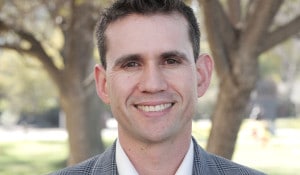
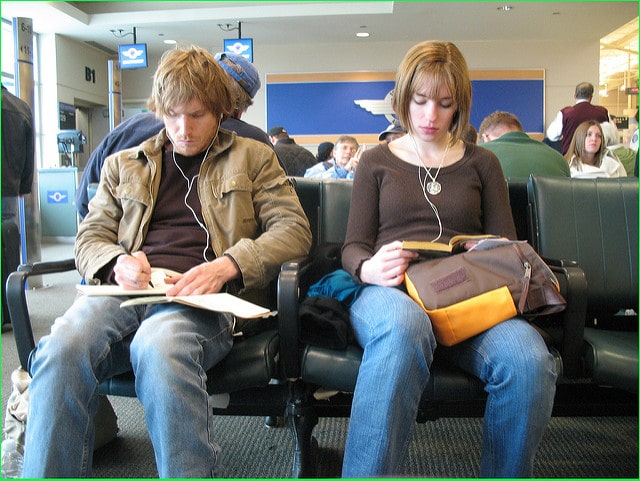
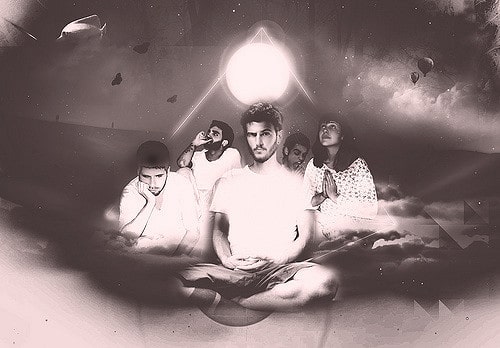
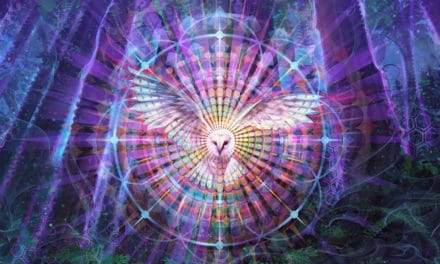
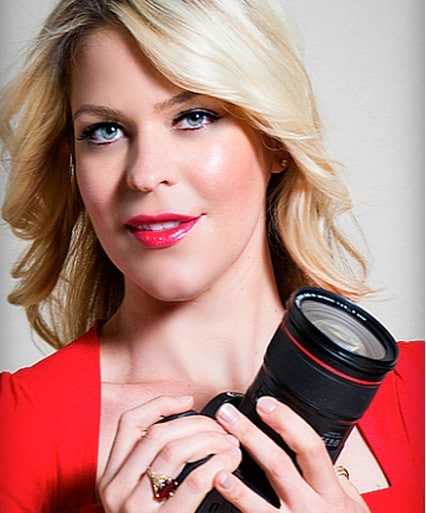





I had a question: where is the ibogaine treatment center in México ? Congratulacions for this Very interesting informational web , gracias
Hi Luis, There are several options depending on your needs and intentions. We sent you an email thanks for reaching out 🙂
I enjoyed reading this interview. I have a same question as Luis.
Please send me an email. Thank you.
Hi I’m vikram from Malaysia .my question is how many times I wud hv to do iBogaine and 5 meo for cannabis addiction and spiritual breakthrough.tq
I take a very low dose of seroquel, and 1/2 mg of clonazepam, would I be able to undergo ibogaine treatment, as well as dmt? I suffered from a few very negative bad trips on LSD over 20 years ago. I am very fearful to ever take LSD again, or anything that could cause the same long term harm. I am now suffering from depression, and motivational issues, as well as feeling unhappy in life and believe i would benefit from these medicines, as long as I am able to use them with no Psychosis. Please respond